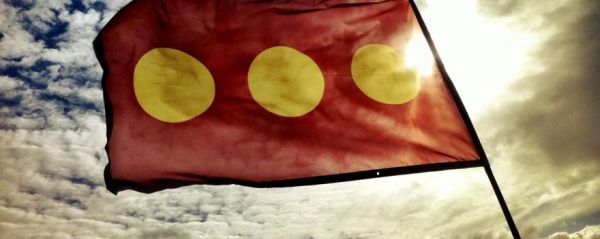University of Oxford geographer Nick Middleton wrote a book titled
An Atlas of Countries that Don’t Exist.
The world has plenty of them, some you are familiar with, and others
you’ve probably never heard of. They are real places, but whether they
are "countries" or not depend on what you mean by "country."
The
problem, he says, is that we don’t have a watertight definition of what
a country is. “Which as a geographer, is kind of shocking,” he says.
Some cite a treaty signed in 1933, during the International Conference
of American States in Montevideo, Uruguay. The “Montevideo Convention”
declares that to become a country, a region needs the following
features: a defined territory, a permanent population, a government, and
“the capacity to enter into relations with other states”.
There
are plenty of places that fit this definition, yet that really doesn’t
help when you’re a small nation trying -and failing- to gain acceptance
from other nations. Not only does a country have to be recognized, but
recognized by the right nations. Look at Taiwan: it was kicked off the
UN’s General Assembly when China joined. Look at the United Kingdom: it
has four countries, but only one seat in the UN. Look at Lakotah, in the
upper Great Plains of the U.S.: by treaty, it belongs to the Lakotah
Nation, but the U.S. reneged on the treaty long ago and doesn’t take
kindly to secessionist movements. Look at Christiana, a neighborhood in
Copenhagen: it considers itself sovereign, but relies on Denmark for
everything. Conversely, Denmark owns Greenland, but Greenland has its
own government. Read more about
countries that don’t exist (or do they?) at BBC Future.


No comments:
Post a Comment